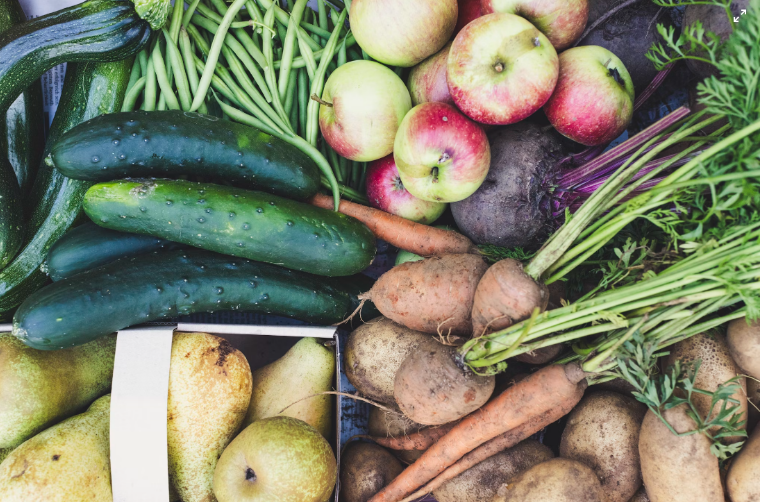
Exhibition time: 17-19 March, 2026 Shanghai, China
 中文
中文

Exhibition time: 17-19 March, 2026 Shanghai, China
 中文
中文

According to the study "The Mind of the Brazilian Farmer 2024," conducted by McKinsey, the use of bioinputs for pest and disease control, as well as fertilizers and stimulants, has surged in Brazil.
Grain crops in Brazil's Cerrado region, including the Central West, have significantly increased their use of bioinputs to 66%, nearly doubling the previous rate of 35% in 2022.
The survey interviewed 757 producers and assessed their behavior over the past two years. The use of biofertilizers and biostimulants jumped from 34% to 73%, with 60% of the area now receiving these applications.
In cotton farming, the use of biopesticides rose from 67% to 95% during the same period, with applications covering 49% of the planted area. Similarly, the use of biological fertilizers and stimulants in cotton dramatically increased from 53% to 97% within two years. In sugarcane, however, the use of biocontrols dropped from 56% to 47% this year. The application of biofertilizers and biostimulants decreased from 59% to 53%. Fruits and vegetables are among the crops most frequently treated with biological products, with biocontrols applied in 57% of cases, showing a slight decline from 68% to 67% over two years.
The use of biological stimulants and fertilizers in these areas also saw a reduction, from 61% to 56%, with applications covering 59% of the areas. Producers of coffee and grains in the region known as Matopiba (the Brazilian states of Maranhão, Tocantins, Piauí, and western Bahia) show high usage rates of biological products, but they have reduced applications in the past two years. In coffee farming, biocontrols decreased from 71% to 67% between 2022 and 2024, while in grain crops, it declined from 69% to 65%. Conversely, biofertilizers and biostimulants in these areas increased, rising from 57% to 73% in coffee and from 62% to 64% in Matopiba.
Overall, 62% of the producers surveyed by McKinsey stated they use biocontrols to seek better efficacy, while 33% aim for lower costs, and 31% use them for insect protection.
Regarding biofertilizers and biostimulants, 42% of farmers seek to improve productivity, with the same percentage aiming to enhance soil health.
On average, aligning with the United States, Brazil has increased the use of biological products from 55% to 61%, with biocontrols, biofertilizers, and biostimulants applied in more than 50% of agricultural areas.
With the biological segment rising, the trend indicates that 67% of the producers surveyed between February and June this year plan to maintain or even increase their investments in these products, ″regardless of changes in crop protection and fertilizer prices.″
Source:AgNews